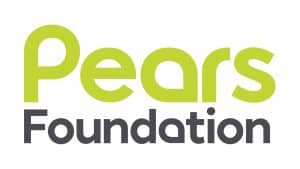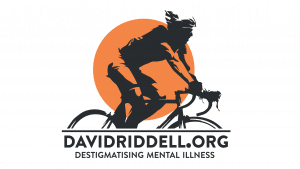The involuntary halt and uncertainty due to Covid-19 hasn’t just affected adults, but the lives of children and young people as well. Life as they knew it; attending school, seeing their friends and enjoying extracurricular activities all stopped simultaneously.
According to the NHS Digital Research rates of probable mental disorders have increased since 2017. Children and young people with a probable mental disorder were more likely to say that lockdown had made their life worse. The pandemic isn’t the only problem some children face, many trans youth have had to also deal with decisions being made that impact their lives. It has been an extremely challenging time. The Bell v Tavistock case, for example, has plunged trans youth and their families into a period of major uncertainty. This case has exacerbated an already difficult process to access lifesaving puberty blockers and has halted waiting lists to access medical intervention. The pandemic has heightened many of the challenges trans youth face, such as discrimination and receiving the appropriate support they deserve (read more about this in ‘Impact of Covid-19 on Young Trans People’).
The question isn’t “are children struggling?”, it’s “are we creating a space where they feel confident to talk about it?” The biggest problem is the lack of transparency; we must be willing to be honest even when that sounds like “I don’t know what’s going on”.
Children have this idea that adults have all the answers and they have all the problems. This belief robs them of confidence to speak up. If they were to know that adults face uncertainty like them, that adults don’t have all the answers, it would increase the likelihood of them opening up.
Children and young people may not always know how to explain what they’re feeling. It’s our job to engage in strong communication with them as the smart young people they are. When we do this we help them find the language needed to express how they are feeling. We become a part of the solution instead of adding to the problem.
At Mermaids we provide safe spaces such as our helpline, where trans and gender non-conforming children feel free to express who they are and how they’re feeling. We understand the vital role parents play in children’s lives, we also offer a range of services to support them as well. Aware of the power of social media and how many young people use it as a main source of communication, we use our platform to promote mental health and wellbeing, sharing not only informative but positive content.
In opening up the conversation about mental health, we’ve learned the importance of listening to understand, not to respond. We implore you to do the same.
Iesha Palmer (they/them)
Mermaids has been supporting transgender, nonbinary and gender-diverse children, young people, and their families since 1995. We support them up to their 20th birthday through our helpline, private forums, local groups and other services.
About the author: Iesha Palmer (they/them), Campaigns, PR and Fundraising Officer at Mermaids, is an advocate for radical self-love and wellbeing, and a believer in being the change we want to see in the world. As Campaigns Officer their job is to be aware of what impacts those who we support, and try to influence change and make a difference on those issues.
Follow Mermaids on Instagram
Sign up to their Newsletter






